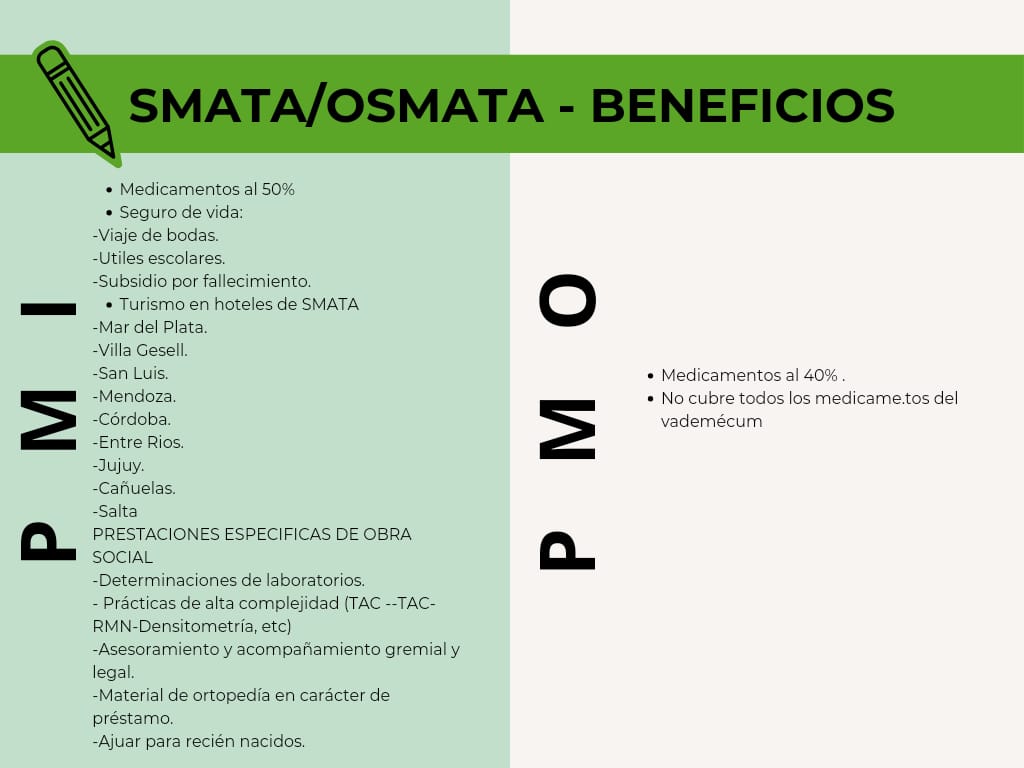Using AI and Blockchain to Improve Data Privacy and Security
In today’s digital landscape, using AI and blockchain to improve data privacy and security has become essential for protecting sensitive information from cyber threats. These two advanced technologies complement each other to offer robust solutions that enhance privacy controls and secure data transaction processes. AI provides intelligent monitoring, threat detection, and anomaly prevention capabilities, while blockchain offers decentralized, tamper-proof data storage and transparent audit trails. Together, they form a powerful defense system that addresses many challenges faced by traditional data security frameworks. This article explores how integrating AI with blockchain can revolutionize data privacy and security, presenting innovative approaches that businesses and individuals can leverage.
How AI Enhances Data Privacy and Security
Artificial Intelligence (AI) plays a critical role in improving data privacy and security by automating and strengthening various protection measures. One of AI’s main contributions is its ability to detect unusual patterns and behaviors through machine learning algorithms, which helps in identifying potential threats or breaches in real time. For example, AI-driven intrusion detection systems can recognize signs of hacking attempts or data leaks before significant damage occurs. Additionally, AI can automate data encryption processes, safeguarding sensitive information without manual intervention. Another significant feature is privacy-preserving AI techniques like federated learning, which allows models to learn from decentralized data sources without exposing raw data. AI’s ability to adapt and learn creates dynamic defenses that evolve alongside emerging cyber threats, making it indispensable for data privacy and security advancements glory casino.
The Role of Blockchain in Securing Data
Blockchain technology enhances data privacy and security by providing a decentralized and immutable ledger that stores information transparently across a distributed network. This structure eliminates the risks associated with central points of failure common in traditional databases, making it virtually impossible for hackers to alter data undetected. Every transaction on a blockchain is cryptographically secured and linked to prior transactions, which guarantees data integrity and accountability. Furthermore, blockchain enables users to control their own data through decentralized identifiers (DIDs) and self-sovereign identity solutions. This means individuals can decide what information to share and with whom, reducing unnecessary exposure. Smart contracts on blockchain platforms further automate security protocols, ensuring compliance with privacy regulations and managing data access across multiple stakeholders securely.
Synergies Between AI and Blockchain for Stronger Security
The combination of AI and blockchain creates a synergistic effect that addresses many limitations faced when these technologies work independently. AI’s capability to analyze vast data quickly compliments blockchain’s secure data storage by supplying real-time insights that identify suspicious activity recorded on the ledger. For instance, AI algorithms can analyze blockchain transactions to detect fraud patterns or unauthorized access, enhancing trustworthiness. Moreover, blockchain enhances AI model transparency by maintaining an immutable record of data provenance and decision-making processes, which is critical for ethical AI usage. Together, they also empower advanced encryption techniques such as homomorphic encryption, allowing AI to process encrypted data without decrypting it, thus preserving confidentiality. This integration offers a new paradigm in cybersecurity, combining intelligent threat detection with resilient, tamper-proof data infrastructure.
Key Applications of AI and Blockchain in Data Privacy
Several industries and applications benefit significantly from the integration of AI and blockchain technologies for data privacy and security. Some key areas include:
- Healthcare: Protecting patient records with blockchain ensures data immutability, while AI facilitates predictive analytics without compromising privacy.
- Finance: Blockchain secures transaction records, and AI detects fraudulent activities, increasing overall system reliability.
- Supply Chain Management: Blockchain tracks product provenance securely, whereas AI anticipates supply disruptions and manages risks.
- Data Sharing Platforms: Self-sovereign identities managed on blockchain allow controlled data sharing, and AI ensures only authorized data is accessed.
- IoT Networks: Blockchain manages device identities to prevent unauthorized access, and AI monitors behavioral anomalies across devices.
In each of these cases, the combined technologies strike a balance between transparency and confidentiality, which is vital for protecting user data and building trust.
Challenges and Future Prospects
Despite the promising potential of AI and blockchain integration, there are inherent challenges that need addressing for widespread adoption. Scalability is a primary concern; blockchain networks can suffer from slow transaction speeds, which may impede real-time AI applications. Additionally, the complexity of integrating AI models with blockchain infrastructures requires sophisticated expertise and considerable resources. Privacy concerns also arise due to the transparency of blockchain ledgers, as not all data can be made publicly accessible. To overcome such issues, hybrid solutions combining public and private blockchains with off-chain computation are being explored. Looking ahead, advancements in quantum-resistant cryptography and improved federated AI models promise even stronger data security. Continued innovation in this field will enable organizations to harness the full capabilities of AI and blockchain to safeguard privacy effectively.
Conclusion
Using AI and blockchain to improve data privacy and security is reshaping how information is protected in a hyperconnected world. AI equips security systems with intelligent monitoring and dynamic threat detection, while blockchain ensures data integrity and user control through decentralized storage. Their integration addresses many conventional vulnerabilities and opens new avenues for protecting sensitive information across industries. Although challenges remain, particularly with scalability and privacy concerns, ongoing technological advancements are paving the way for more robust, secure digital ecosystems. Organizations that adopt these cutting-edge tools stand to gain significant advantages in safeguarding data privacy and maintaining trust in the digital economy.
Frequently Asked Questions (FAQs)
1. How does AI improve blockchain security?
AI improves blockchain security by analyzing blockchain data for anomalous patterns and fraudulent transactions, predicting threats, and automating security protocols, thus increasing the reliability of the overall ecosystem.
2. Can blockchain fully replace traditional encryption methods?
While blockchain provides robust tamper-proof data storage and cryptographic security, it does not fully replace traditional encryption but rather complements it by adding transparency and decentralization to data protection.
3. What are the privacy risks of using blockchain?
Blockchain’s transparent nature means transaction data is visible to all participants, potentially exposing sensitive information. To mitigate this, privacy-focused blockchains and off-chain data storage techniques are used.
4. How does federated learning support data privacy?
Federated learning enables AI models to train across decentralized devices without transferring raw data, maintaining user privacy and reducing risks associated with centralized data storage.
5. What industries benefit most from AI and blockchain integration?
Healthcare, finance, supply chain management, IoT, and data sharing platforms are among the top industries that benefit from combining AI and blockchain for enhanced data privacy and security.












